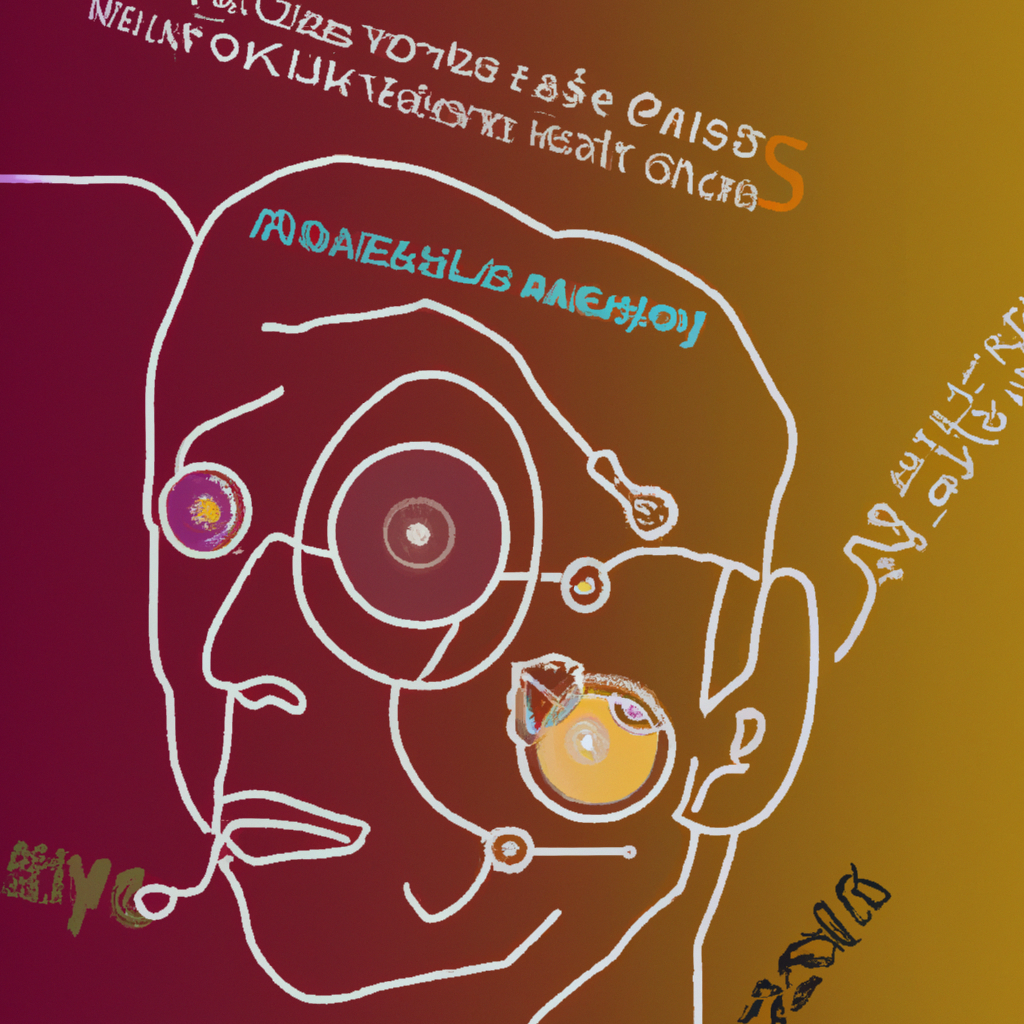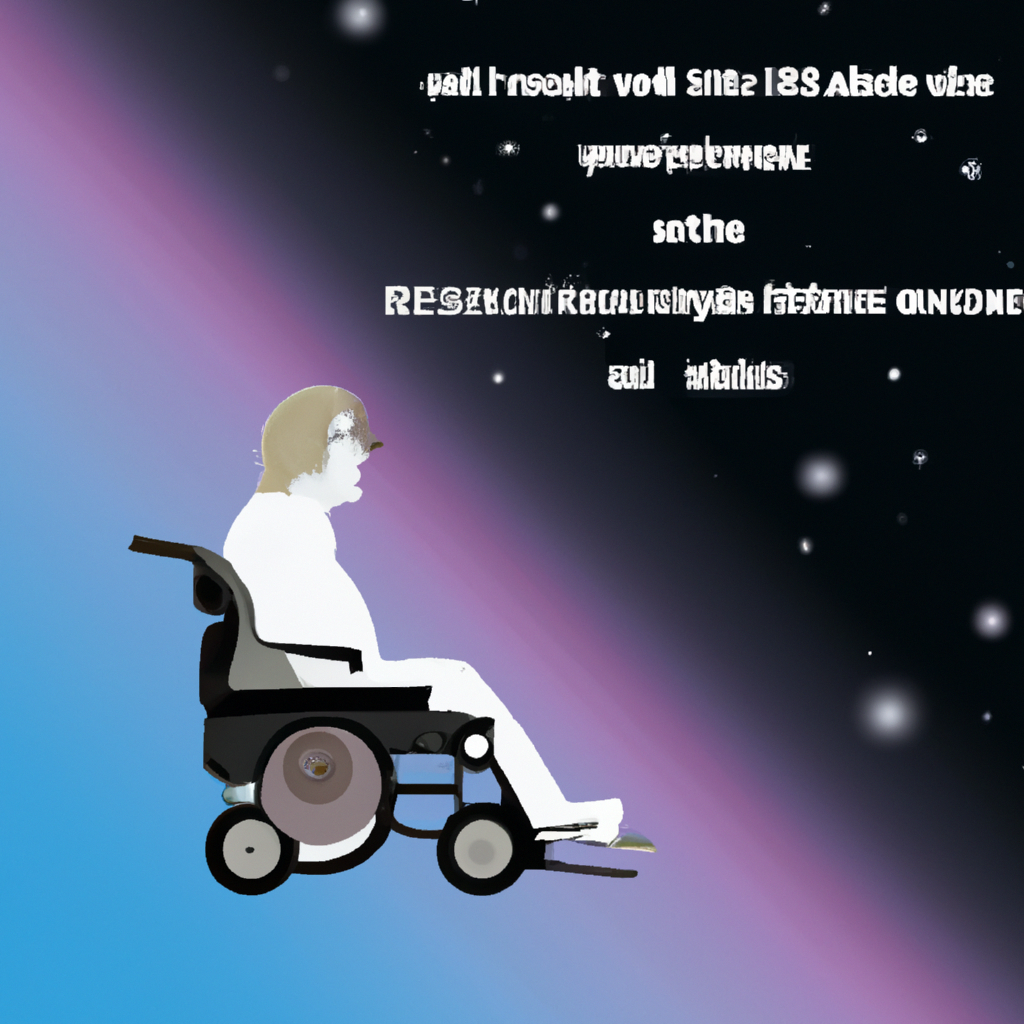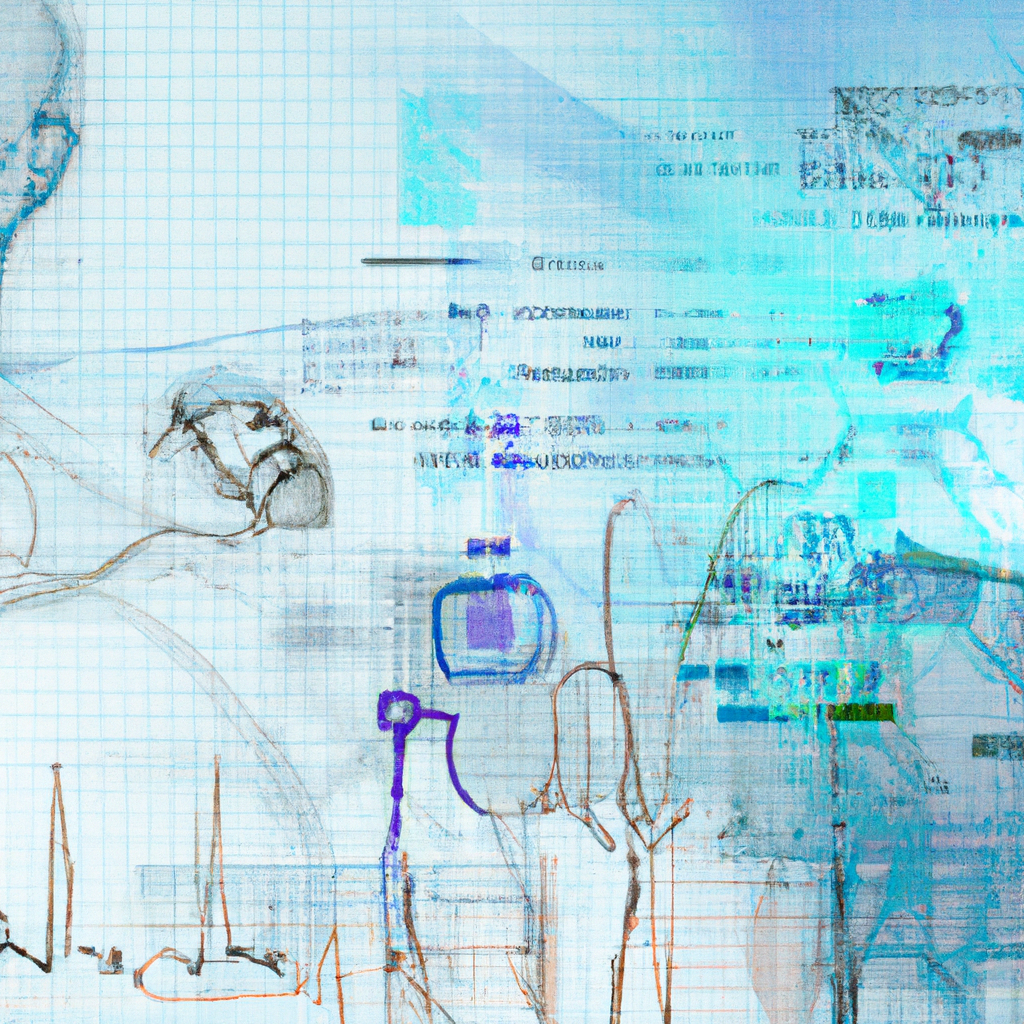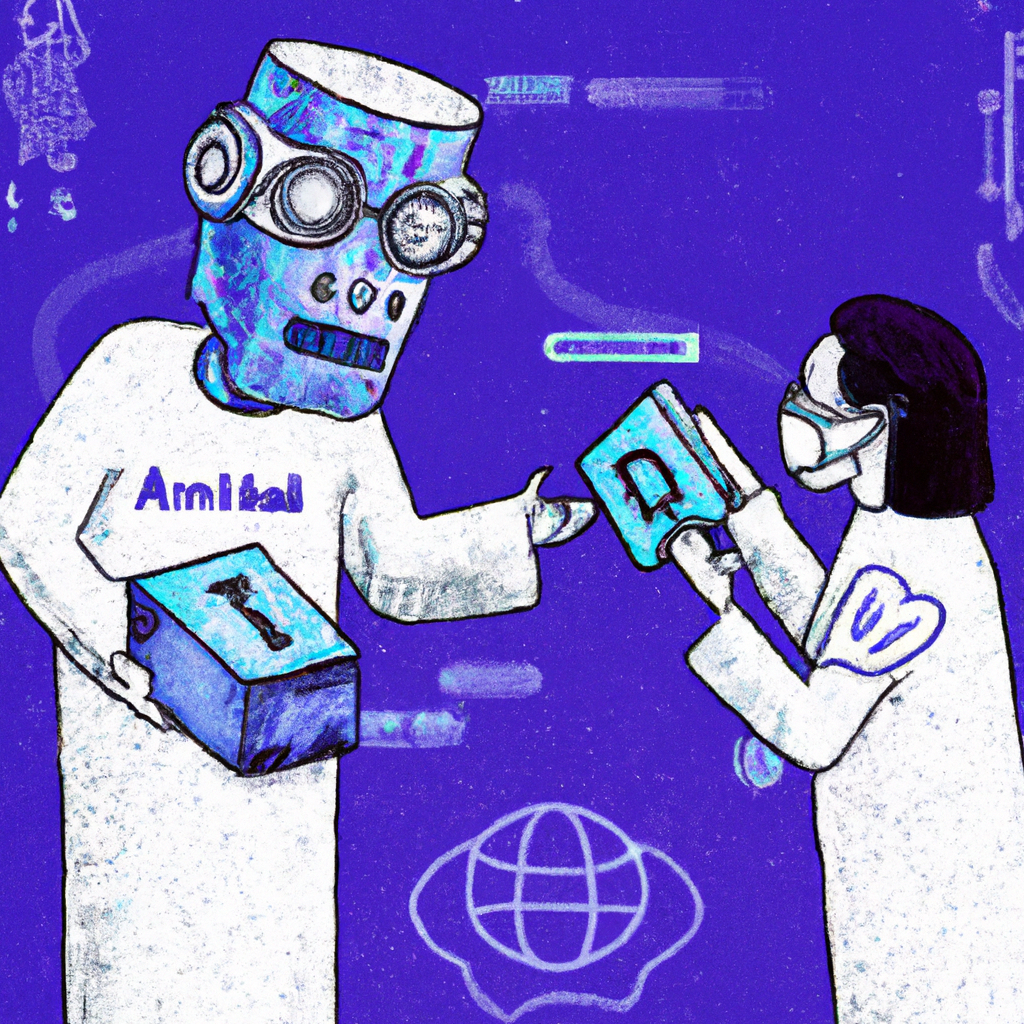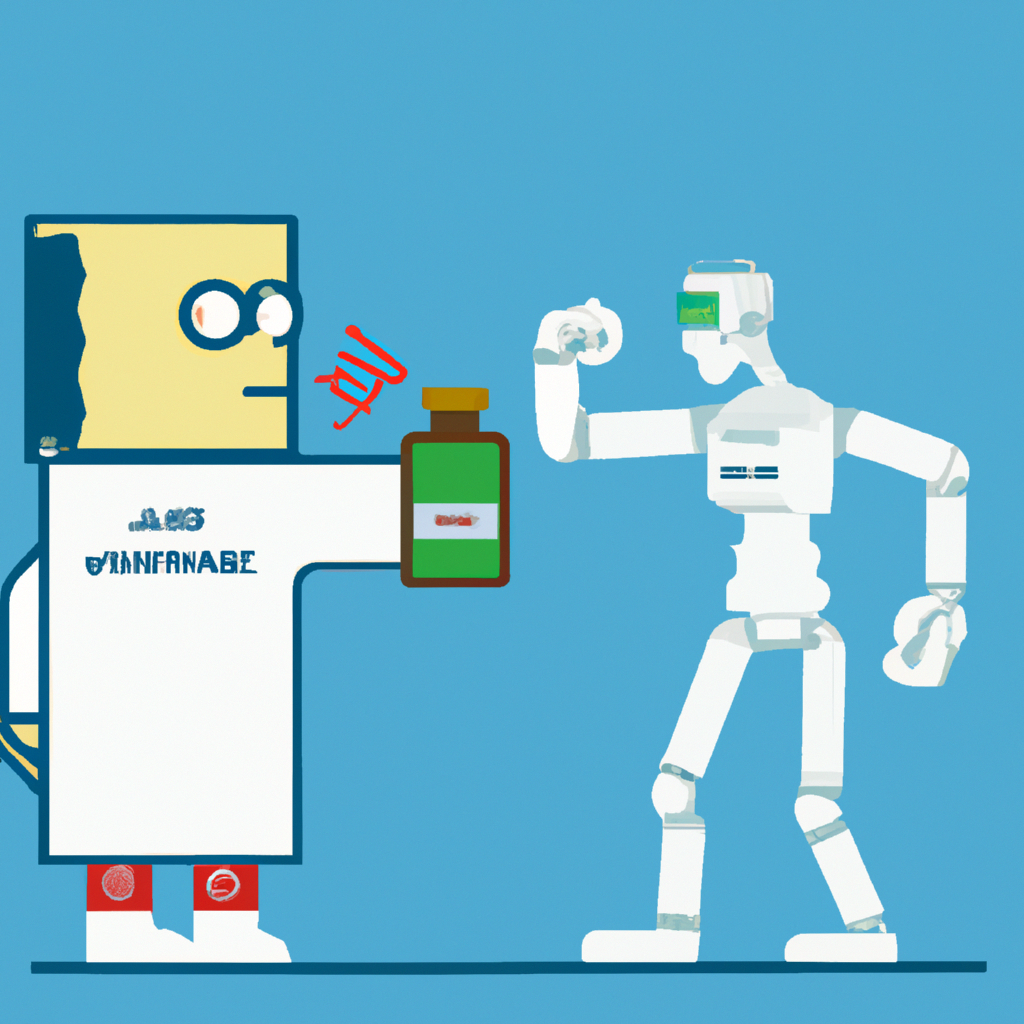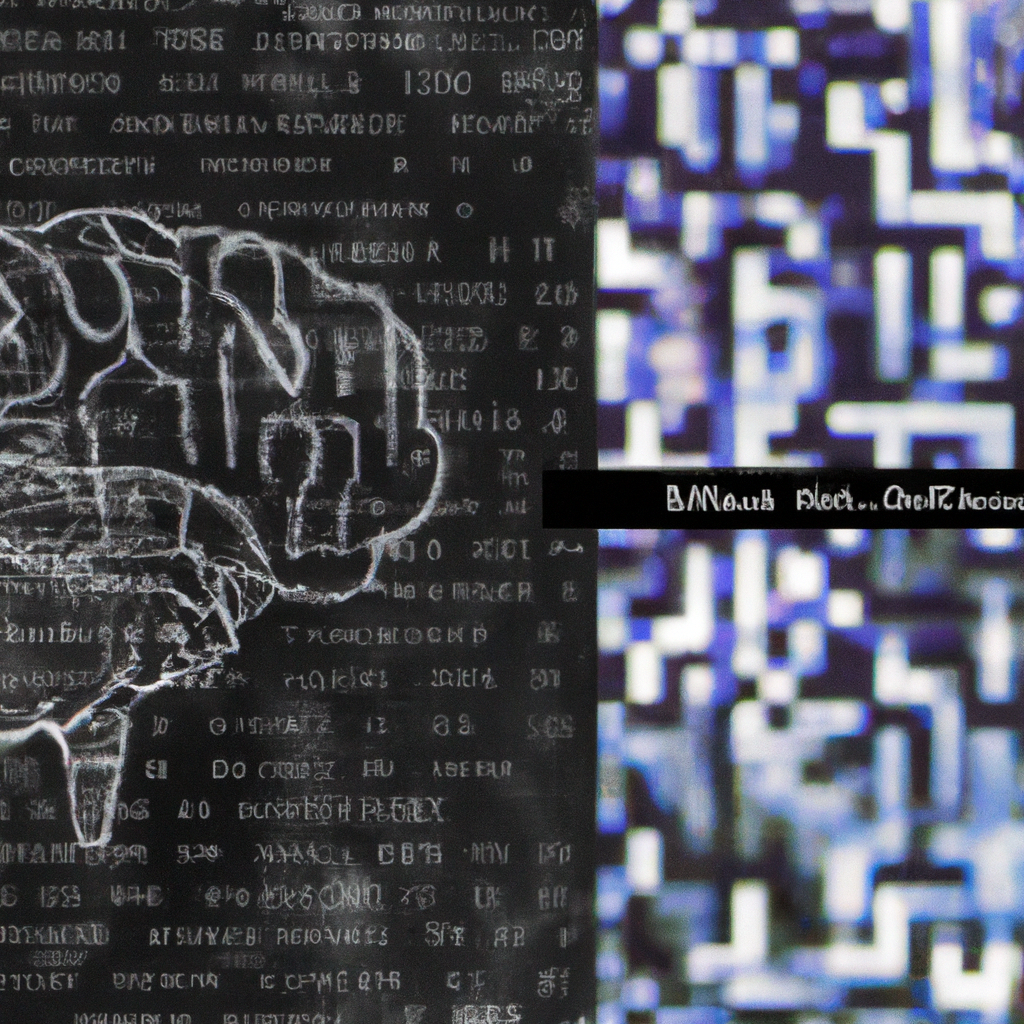AI's Role in Early Detection and Diagnosis of ALS
Amyotrophic Lateral Sclerosis (ALS) is a neurological disorder that affects the nerve cells responsible for controlling voluntary muscle movement. It is a progressive disease with no known cure, and eventually leads to paralysis and death. Early detection of ALS is crucial for providing patients with the best possible care and support, and artificial intelligence (AI) has emerged as a promising tool in this area. AI algorithms can analyze large amounts of data and identify patterns that are not easily recognizable to humans. In the case of ALS, these algorithms can analyze medical records, genetic information, and even speech and movement patterns to detect the early signs of the disease.
